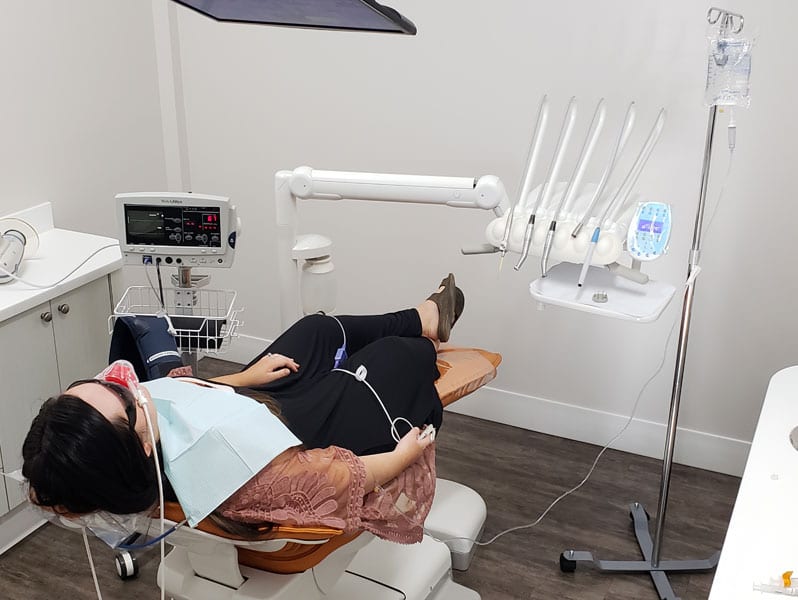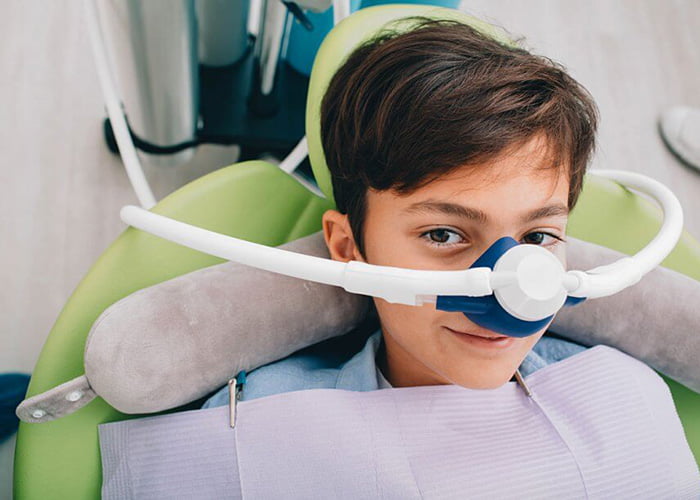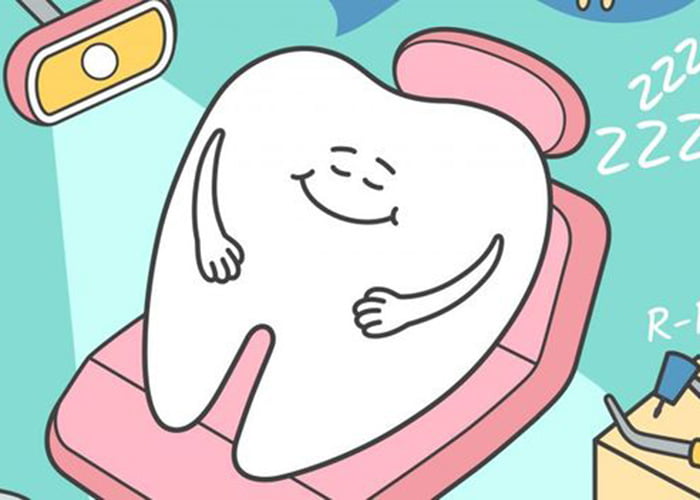Many people experience dental anxiety, fear, and even phobia when it comes to visiting the dentist. Fortunately, there are several options to help these patients feel relaxed and comfortable while they receive dental care. One option is sedation dentistry which helps make a patient more relaxed during treatment.
Dental sedation doesn’t need to be a fearful or worrisome experience for patients – It’s a very common procedure that makes many dental treatments easier to perform, and helps patients relax and get through the treatment pain-free.
There are a variety of drugs used in dental sedation, and which ones your dentist will use depends on factors like age, weight, overall health, any allergies, anxiety and other medical conditions, and what procedure is being done. They include medications for pain control, to induce sleep, and to help relaxation.
Sedation vs. Anesthesia
Sedation is different from anesthesia. With nearly every dental procedure, a local anesthetic is also used, whether you’re sedated or not. This is usually done with a precisely targeted local injection in your mouth to numb the area being worked on and ensure you don’t feel pain during treatment. Local anesthetic wears off over the course of a few hours after it’s given. There are no special precautions or side effects associated with it, except we usually advise patients to be careful while biting or chewing, to avoid damaging the numbed area while they can’t feel it.
In some major oral surgeries, like wisdom teeth extraction, you may also undergo general anesthesia, which results in a temporary loss of consciousness during the procedure. When this is used, patients are not awake or aware of anything while under anesthesia. Recovery can take up to a day before you’ll be back to normal, and you won’t remember the experience.
Conscious Sedation
More commonly, some form of conscious sedation is used to reduce fear, anxiety and pain in dental office visits. The experience of being sedated is a little different for everyone, but there are some common things you can expect during each kind of sedation. What type of sedation you’ll have depends on what kind of dental work is being done, how long it will take, and your own personal medical history. Often, dental sedation is used for both children and anxious patients to help them relax and get through the procedure calmly and safely. It’s also possible to combine two different forms of sedation for patients who are very anxious or who have challenges or resistances to anesthesia.

Oral Sedation
This is a form of conscious sedation induced with oral medications before the procedure. Oral sedation is good for longer or more complex dental work, and is always customized to the needs of each patient. Patients take a combination of sedatives and anti-anxiety medications before their treatment. When they arrive at the dentist’s office, the dentist gives them additional medication if needed.
When the dentist is sure you’re adequately and safely sedated, he or she can proceed with the needed dental procedures. Patients report this experience is like being half-asleep and half-awake. They often can respond to direct questions or instructions, but don’t remember much about the procedures themselves once the sedation wears off. Typically, people who have oral sedation will be feeling normal again soon, but we don’t suggest that they drive, work, or make big plans for the rest of their day, to allow the effects of the medications to completely clear their system.
Nitrous Oxide (Laughing Gas)
Often called laughing gas, this form of sedation is given in gas form through a nasal mask or tube before and during dental procedures. The gas is odorless and takes effect quickly, and the dose is calculated for each patient. This method is common for sedating children, because its effects fade quickly afterward and its use allows patients to remain fully conscious. What patients report feeling with nitrous oxide sedation is a sense of relaxation, comfort, and happiness, which gives the gas its popular nickname.
There is no memory loss after nitrous oxide sedation, and adult patients can often drive themselves home or go back to work. Children sometimes experience sleepiness or nausea afterward, so it’s best if they don’t return to school or daycare.

See Dentist For Life
Looking for an experienced and trusted dentist in Marysville, Ohio? Look no further than Dentist For Life! We provide comprehensive dental care for patients of all ages. We take a wide variety of insurance plans and are currently accepting new patients. You can reach us at (937) 707-1111 or schedule your appointment online here.




One Response
If you’re feeling anxious about dental procedures, dental sedation might be a great option for you. This article does a great job of breaking down what to expect during the process, making it easier to make an informed decision about whether sedation is right for you.